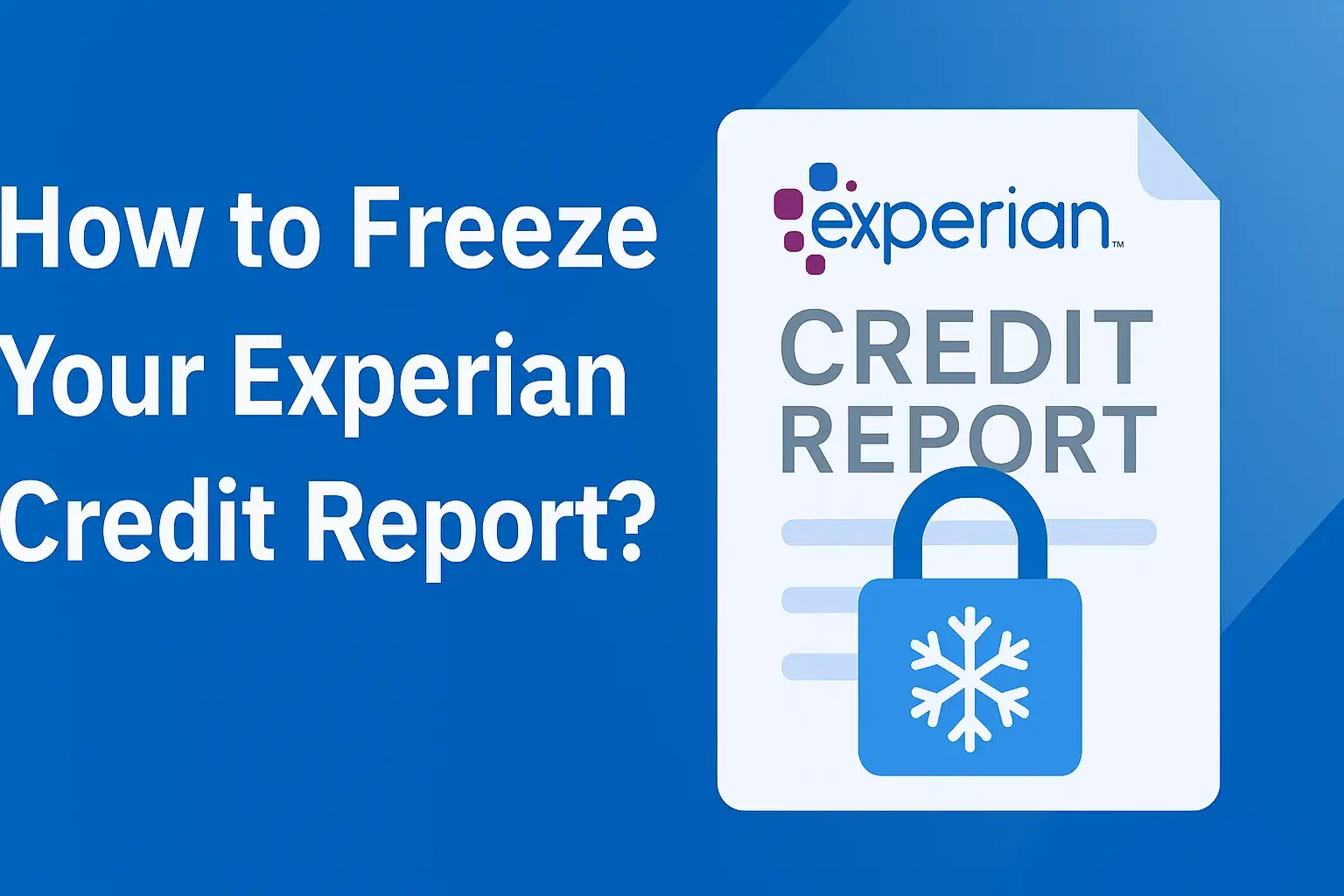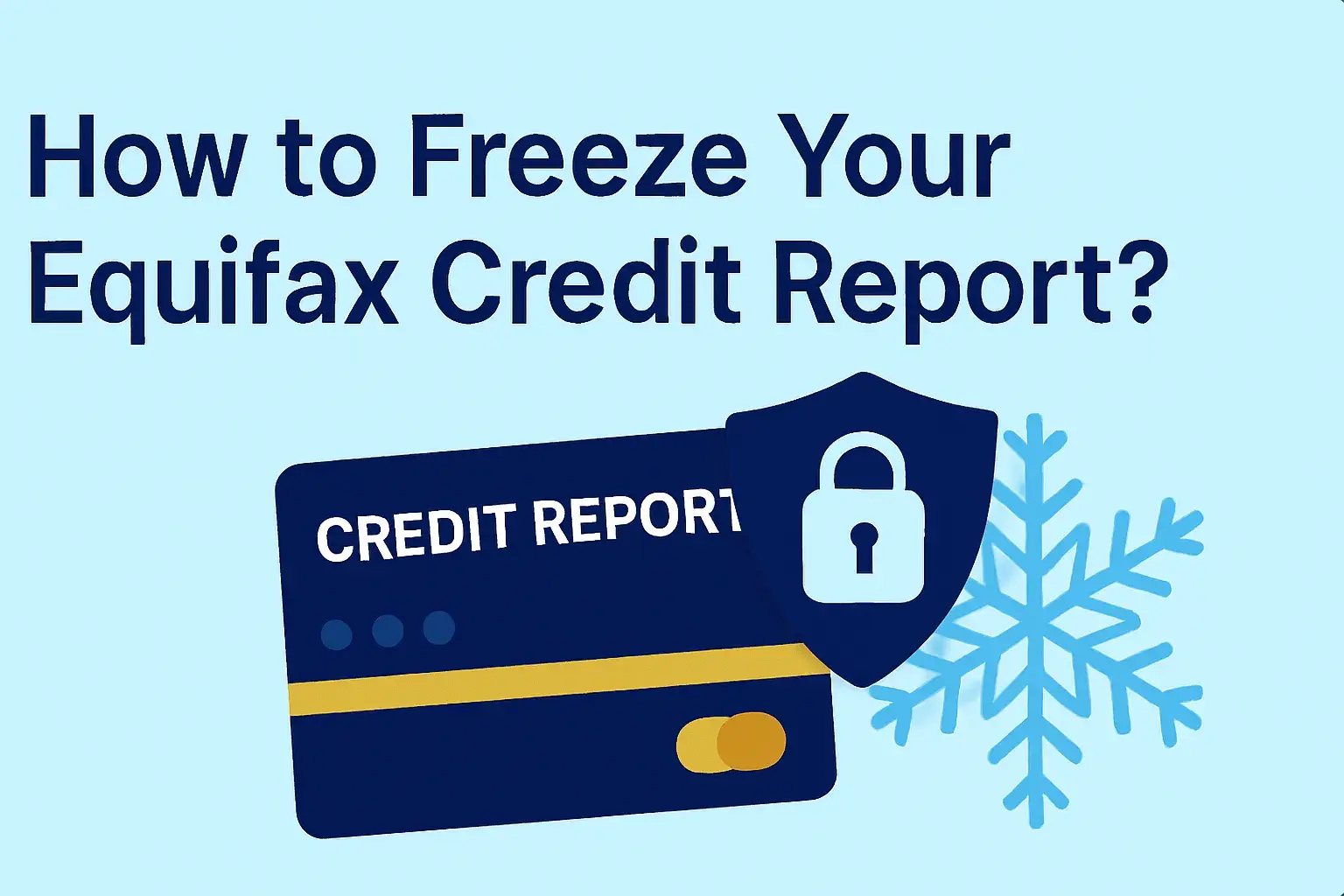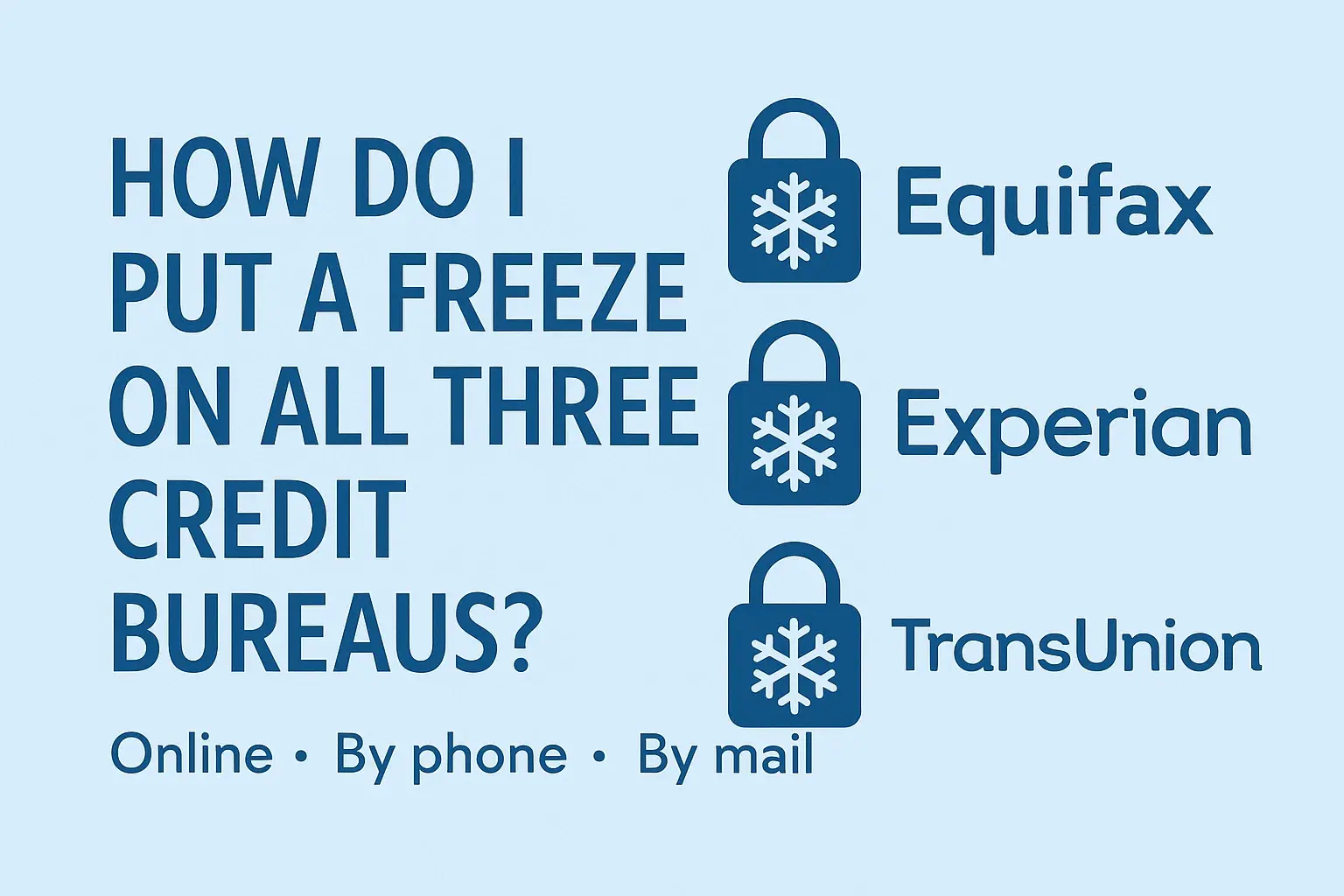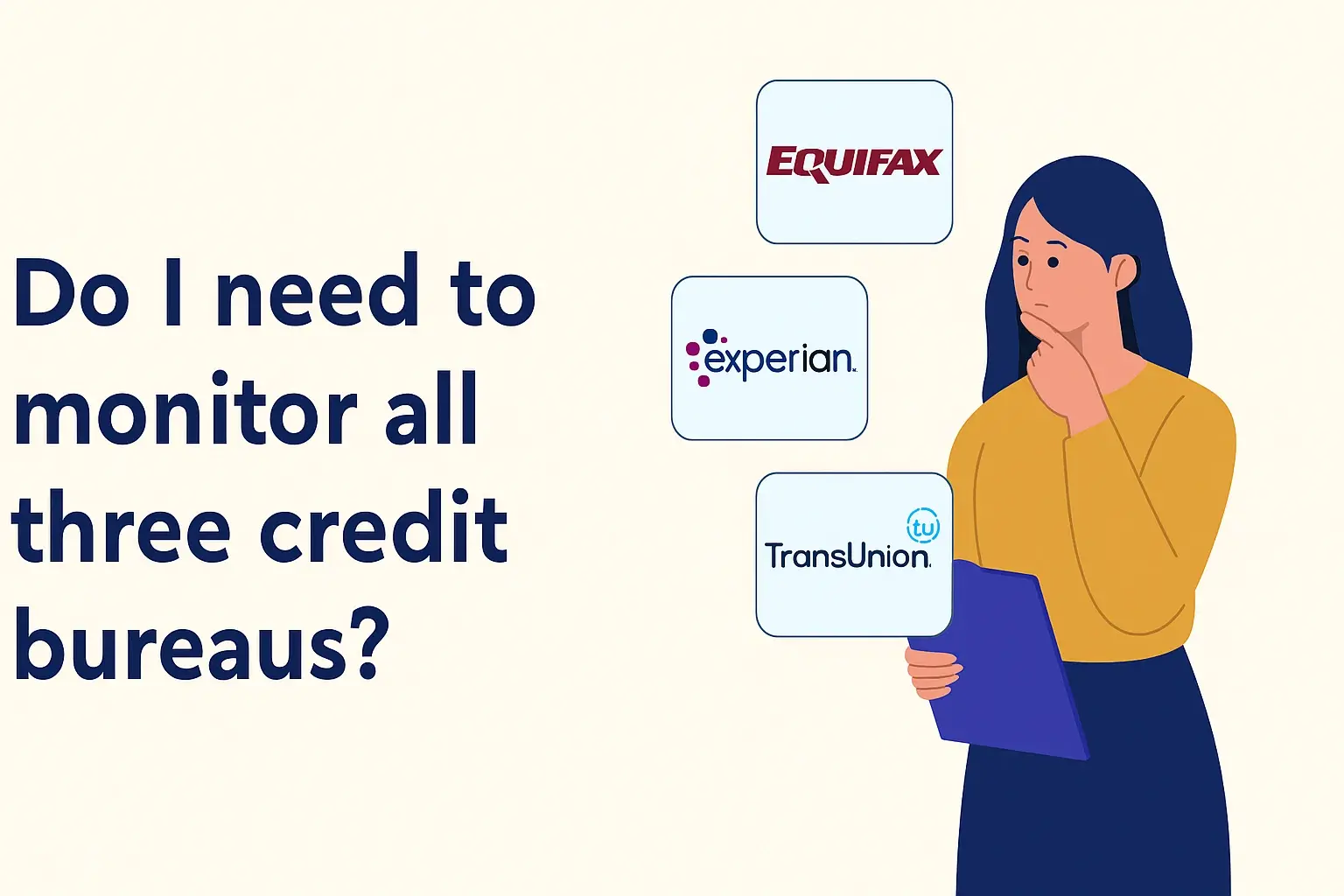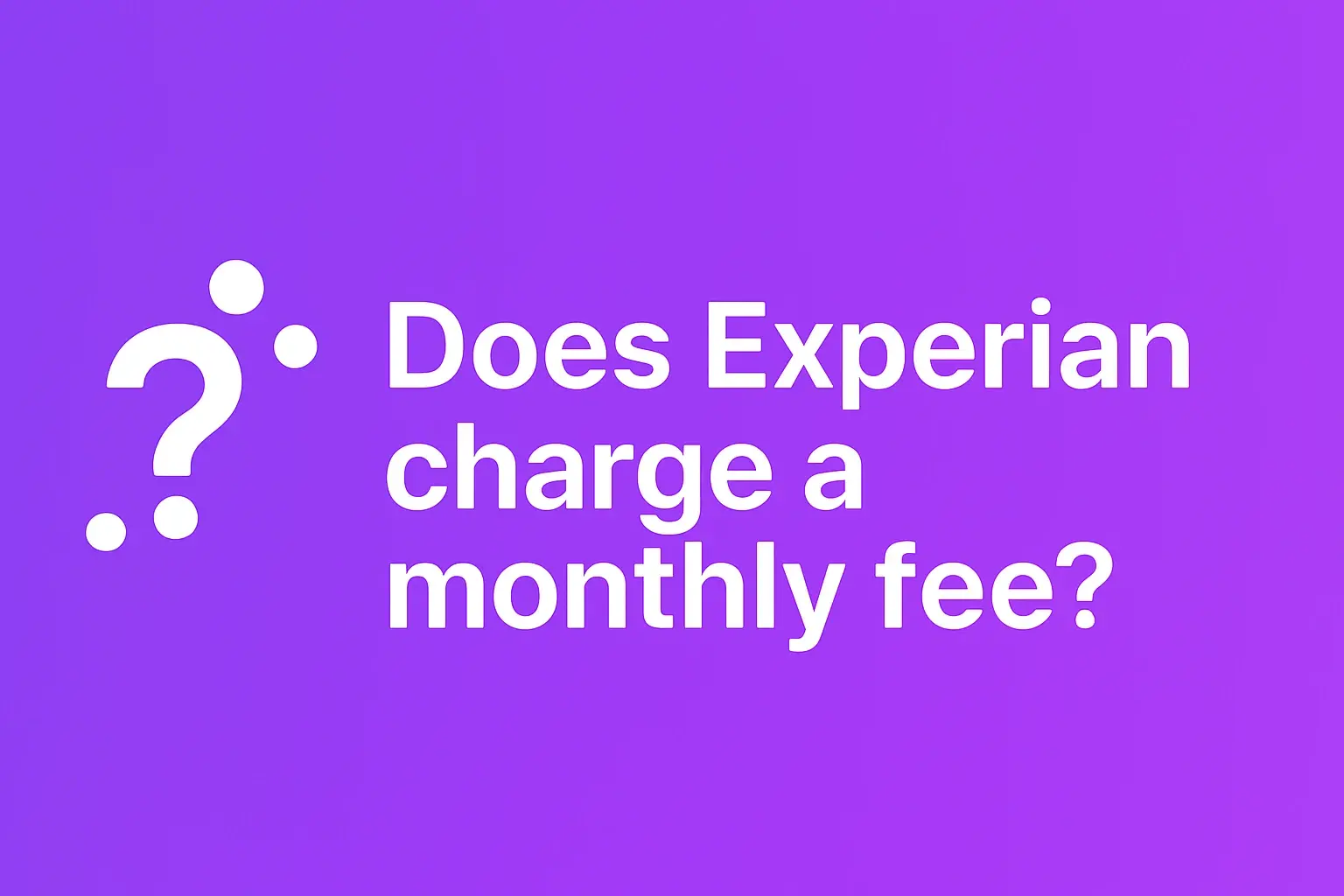-
Posted on: 25 Jul 2024
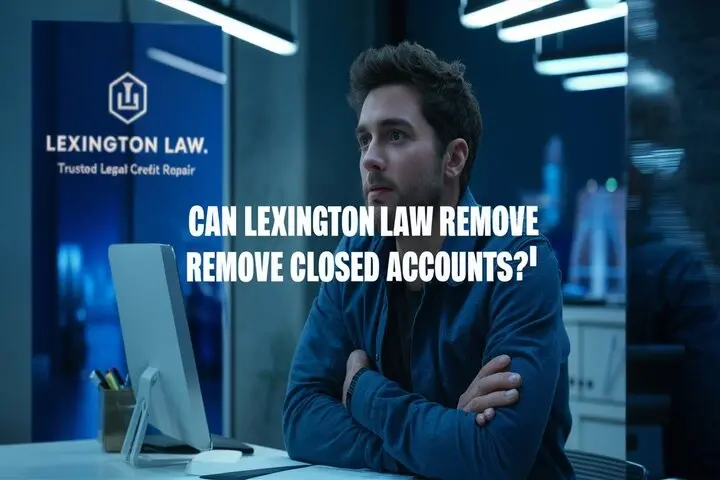
-
A negative credit history can significantly impact your ability to secure loans, rent an apartment, or even get a job. Many people turn to credit repair services like Lexington Law for help improving their credit scores. But a common question is: Can Lexington Law actually remove closed accounts from your credit report? Let's delve into this topic and explore the intricacies of credit repair and closed accounts.
Understanding Closed Accounts and Credit Reports
Before we discuss Lexington Law's role, it's crucial to understand what a closed account is and how it affects your credit report.
What is a Closed Account?
A closed account is simply an account that you (or the lender) have closed. This could be a credit card, loan, or any other type of credit agreement. Closing an account doesn't necessarily mean it's negative. It can be closed in good standing (meaning you paid it off) or closed due to default or other negative reasons.
How Closed Accounts Appear on Your Credit Report
Closed accounts, regardless of their status (positive or negative), remain on your credit report for a period. The length of time they stay depends on the type and status of the account:
- Positive Closed Accounts: Accounts closed in good standing typically remain on your credit report for up to 10 years from the date of last activity. These can actually help your credit score because they demonstrate responsible credit management.
- Negative Closed Accounts: Closed accounts with negative information (e.g., late payments, charge-offs) can also remain on your credit report for up to 7 years from the date of the first delinquency that led to the negative status.
Why Closed Accounts Matter for Your Credit Score
Even after an account is closed, it continues to influence your credit score. Positive accounts contribute to your credit history and payment history, which are significant factors in credit scoring models. Negative accounts, even if closed, can significantly lower your score due to the history of missed payments or other derogatory marks.
Lexington Law and Credit Repair
Lexington Law is a well-known credit repair company that assists individuals in challenging inaccuracies, outdated information, and unverifiable items on their credit reports. They work to improve credit scores by leveraging consumer rights under the Fair Credit Reporting Act (FCRA).
How Lexington Law Works
Lexington Law operates by:
- Reviewing Credit Reports: They thoroughly analyze your credit reports from the three major credit bureaus (Equifax, Experian, and TransUnion) to identify potentially inaccurate or unfair items.
- Developing Dispute Strategies: Based on their analysis, they create a personalized dispute strategy tailored to your specific credit issues.
- Sending Dispute Letters: They send dispute letters to the credit bureaus and creditors on your behalf, challenging the accuracy and validity of the negative items.
- Following Up on Disputes: They track the progress of the disputes and follow up with the credit bureaus to ensure timely responses.
- Providing Ongoing Credit Monitoring: They offer credit monitoring services to help you stay informed about changes to your credit report.
Can Lexington Law Remove Closed Accounts?
The key question is whether Lexington Law can remove closed accounts. The answer is nuanced and depends on the specific circumstances surrounding the account.
- Accurate, Positive Closed Accounts: Lexington Law cannot, and should not, attempt to remove accurate, positive closed accounts. These accounts are beneficial to your credit history and demonstrate responsible credit management. Removing them would negatively impact your credit score.
- Accurate, Negative Closed Accounts: Removing accurate, negative closed accounts is generally difficult. If the information is accurate and verifiable, the credit bureaus are legally obligated to maintain it on your report for the allotted time frame (up to 7 years). However, Lexington Law can still attempt to challenge these accounts if there are grounds for dispute, such as:
- Inaccurate Information: If the account contains factual errors (e.g., incorrect payment dates, wrong balance), Lexington Law can dispute these inaccuracies.
- Unverifiable Information: If the creditor cannot provide sufficient documentation to verify the debt or account details, the credit bureau may be required to remove it.
- Statute of Limitations: While the debt remains, if the statute of limitations has passed on the debt, Lexington Law may be able to argue for its removal from the credit report. This is a legal issue related to debt collection, not the credit reporting itself, but can be a factor.
- Inaccurate or Unverifiable Closed Accounts: Lexington Law can be effective at disputing and potentially removing closed accounts that contain inaccurate or unverifiable information. This is where their expertise in credit law and dispute processes comes into play.
Strategies for Dealing with Closed Accounts
Whether you're working with Lexington Law or handling credit repair yourself, here are some strategies for dealing with closed accounts:
1. Review Your Credit Reports Regularly
The first step is to obtain and carefully review your credit reports from all three major credit bureaus. Look for any inaccuracies, inconsistencies, or outdated information related to your closed accounts. You are entitled to a free credit report from each bureau annually through AnnualCreditReport.com.
2. Dispute Inaccurate Information
If you find any errors on your credit report, dispute them directly with the credit bureau. Provide clear and concise documentation to support your claim. Be sure to keep copies of all correspondence.
3. Negotiate with Creditors (for Negative Accounts)
If the negative information is accurate, consider negotiating with the creditor. You might be able to negotiate a "pay-for-delete" agreement, where the creditor agrees to remove the negative information from your credit report in exchange for payment. However, be aware that pay-for-delete agreements are not always honored, and they are becoming less common.
4. Focus on Building Positive Credit
The best way to improve your credit score is to build a positive credit history. This involves:
- Making on-time payments on all your debts.
- Keeping your credit utilization low (ideally below 30% of your available credit).
- Avoiding opening too many new credit accounts at once.
- Maintaining a mix of different types of credit (e.g., credit cards, loans).
5. Consider Professional Credit Repair
If you're overwhelmed by the credit repair process or have complex credit issues, consider seeking professional help from a reputable credit repair company like Lexington Law. They can provide expert guidance and assistance in navigating the credit repair process.
The Legalities of Credit Repair
It's important to understand the legal framework surrounding credit repair. The Credit Repair Organizations Act (CROA) is a federal law that protects consumers from unfair or deceptive practices by credit repair companies. Under CROA, credit repair companies must:
- Provide consumers with a written contract outlining their services, fees, and cancellation rights.
- Inform consumers of their rights under the FCRA.
- Refrain from making false or misleading statements.
- Not charge upfront fees.
When choosing a credit repair company, ensure that they comply with CROA and have a good reputation.
Alternatives to Lexington Law
While Lexington Law is a popular choice, there are alternative methods for addressing credit issues:
- DIY Credit Repair: You can dispute errors and negotiate with creditors yourself. This option requires time and effort but can save you money.
- Non-Profit Credit Counseling: Non-profit credit counseling agencies can provide free or low-cost advice and assistance with debt management and credit issues.
- Debt Settlement: If you're struggling with debt, debt settlement companies may be able to negotiate with your creditors to reduce the amount you owe. However, this can have a negative impact on your credit score.
Conclusion
In conclusion, Lexington Law can potentially help remove closed accounts from your credit report if those accounts contain inaccuracies or unverifiable information. They cannot, and should not, attempt to remove accurate, positive closed accounts. The effectiveness of their services depends on the specific circumstances of your credit history and the nature of the negative items. Remember to thoroughly review your credit reports, dispute any errors you find, and focus on building a positive credit history.

